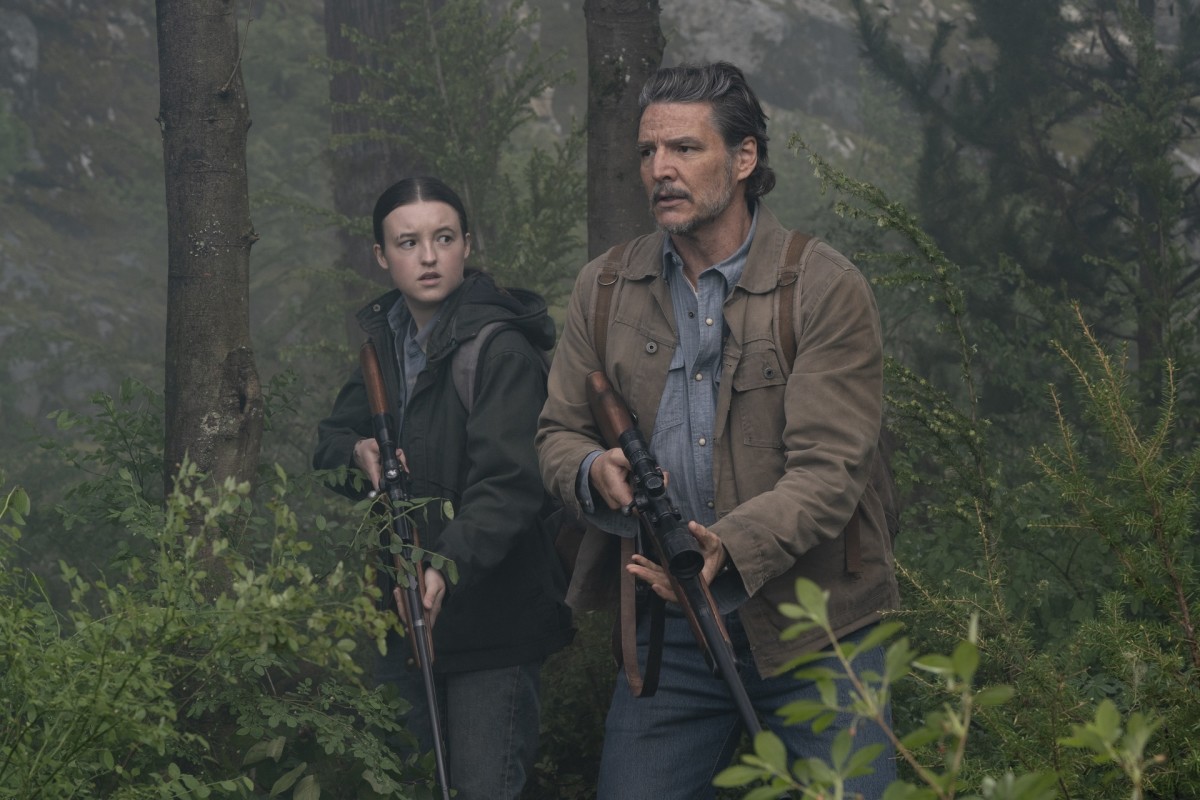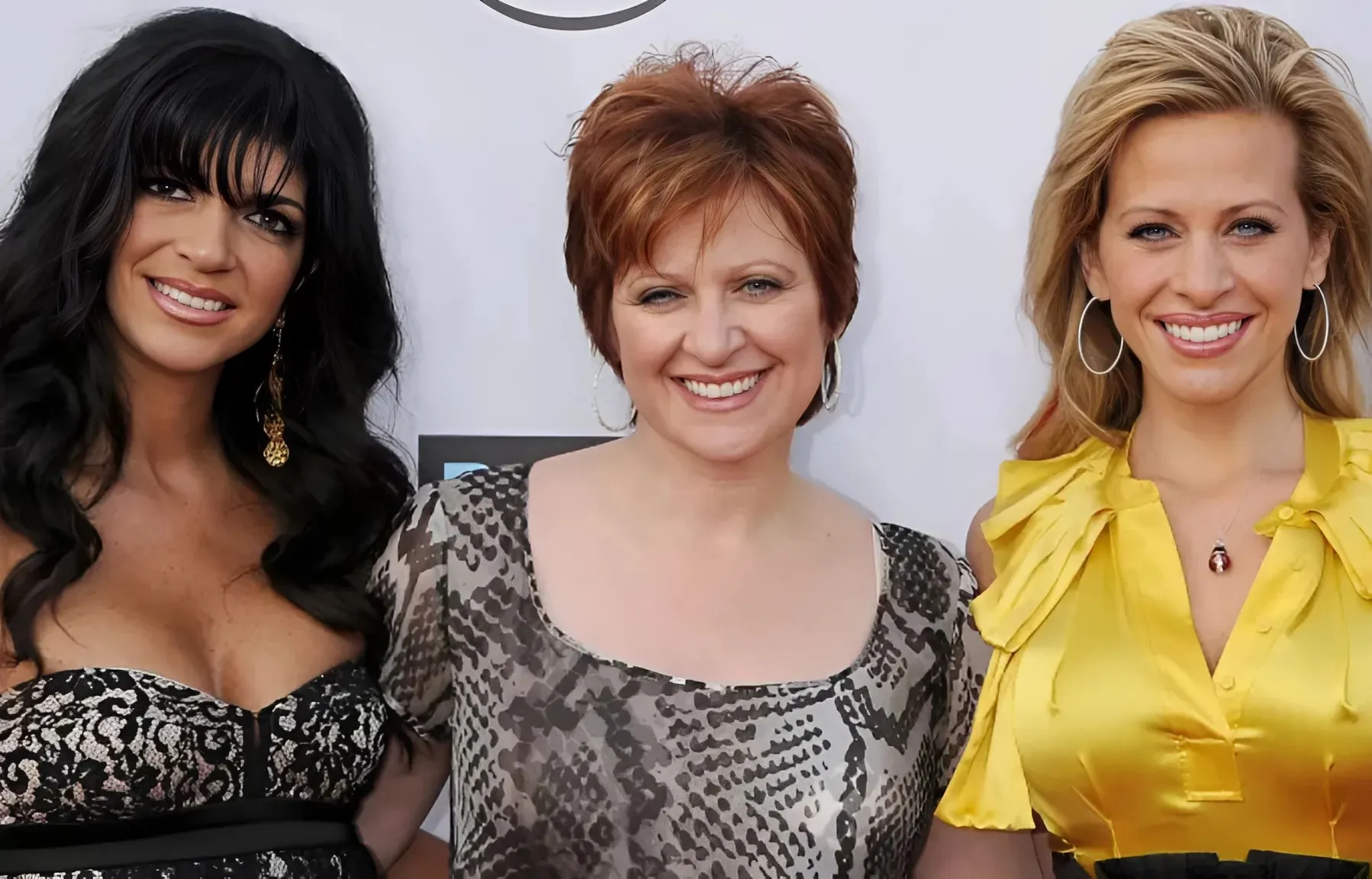
Could season 3 mark the last of The Last of Us?
While the season 2 finale drew an impressive 3.7 million viewers across all platforms, it marked a pretty dramatic drop in audience—both from the season premiere, which was watched by 5.2 million people, and especially from the season 1 finale, which tallied a massive 8.2 million viewers.
For dedicated fans of the post-apocalyptic video game-turned-prestige series, the numbers are just that. But for industry analysts, the trend could spell trouble for the Emmy-winning series.
The Hollywood Reporter’s James Hibberd did a deep dive on the data and trends behind the show, who crunched the numbers to find that “Overall, season two has averaged 18 percent fewer viewers than the first five episodes of season one.”
Why? Well, Hibberd’s first theory is probably obvious to anyone who watched the series: in just the second episode of season 2, co-creators Craig Mazin and Neil Druckmann made the bold decision to kill off much-beloved Pedro Pascal’s equally beloved character, Joel. And much like Pascal’s fate on Game of Thrones, another iconic HBO series, his death was savage.
-1751824323-q80.webp)

-1749521425-q80.webp)
-1749522678-q80.webp)